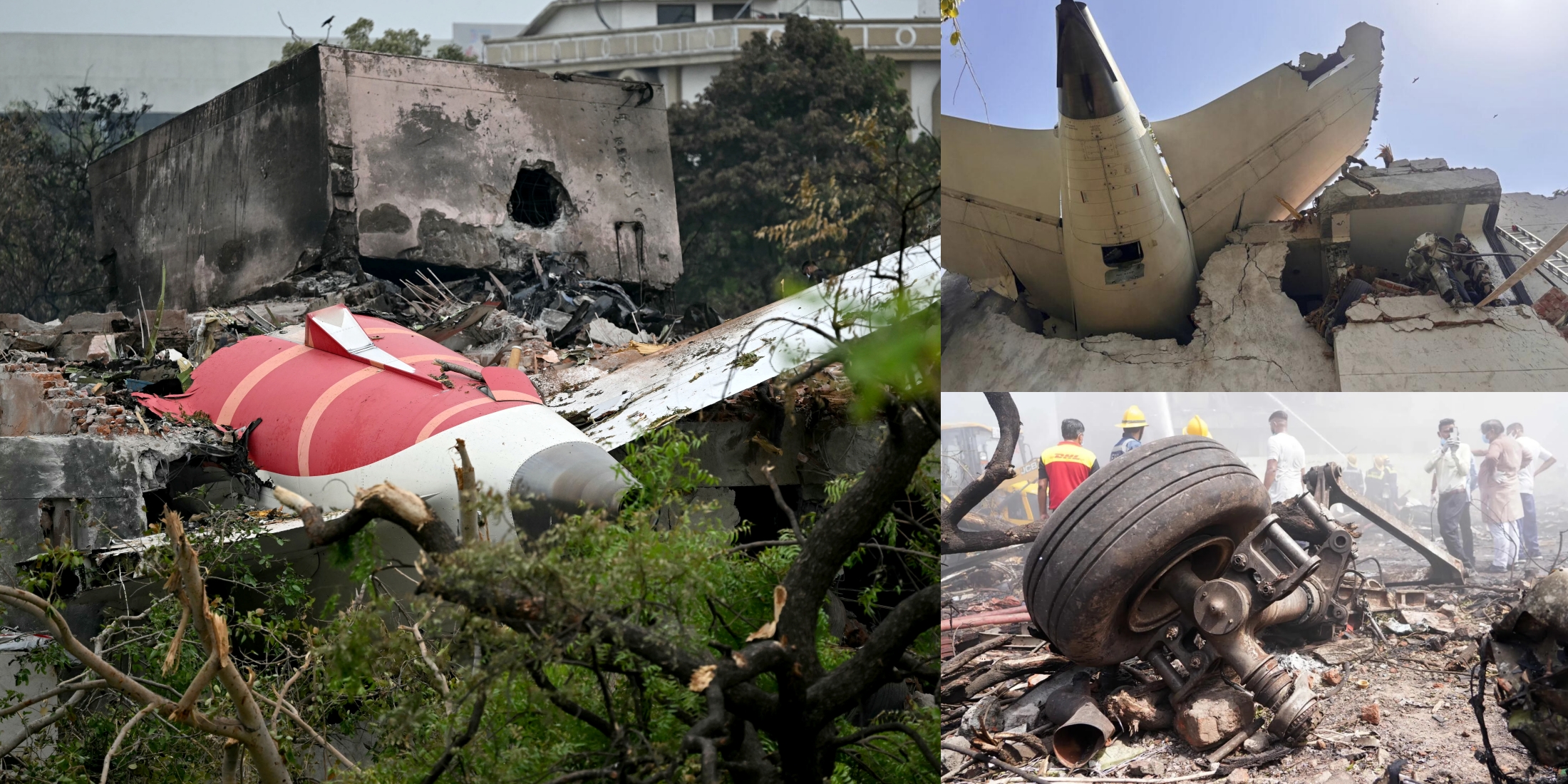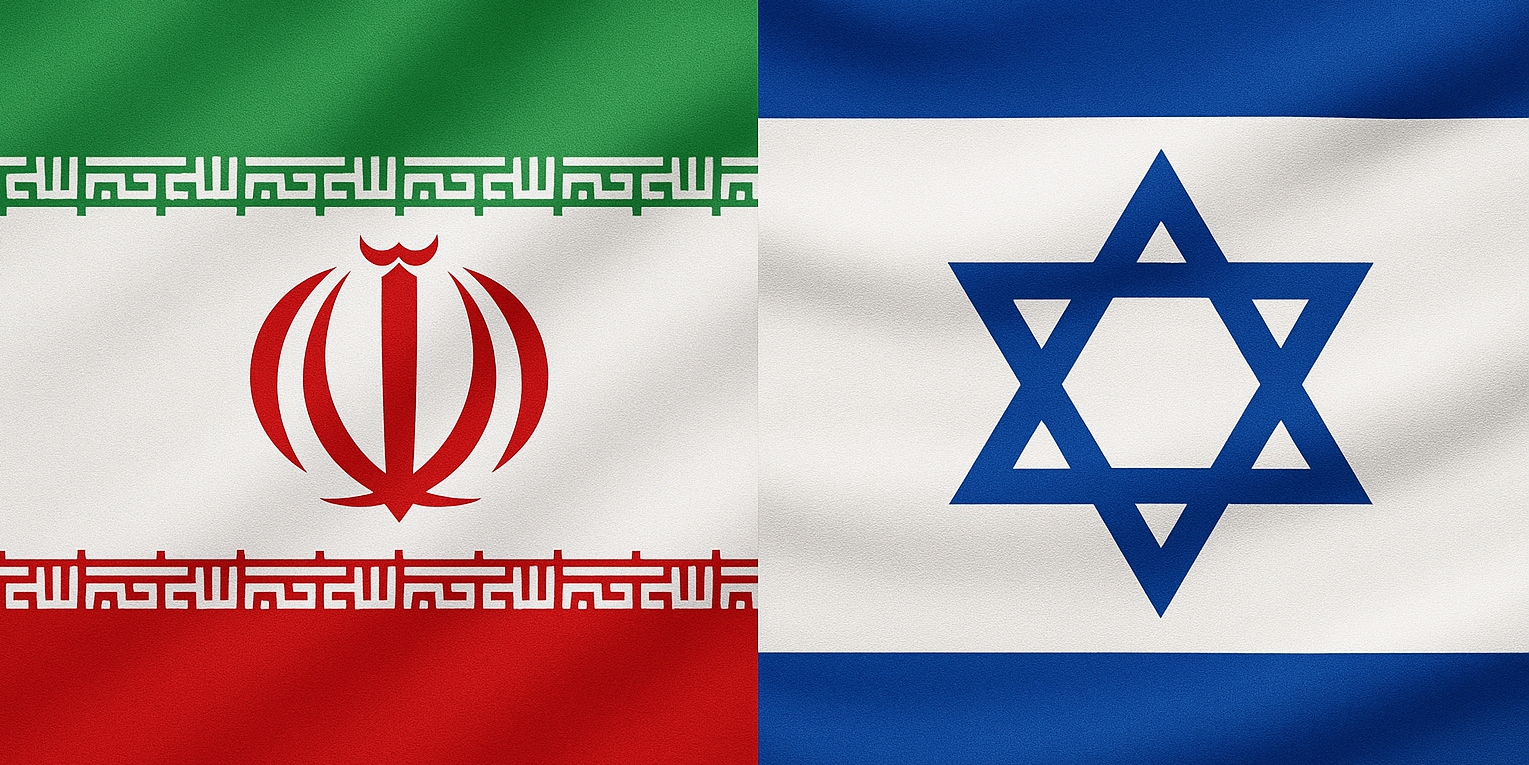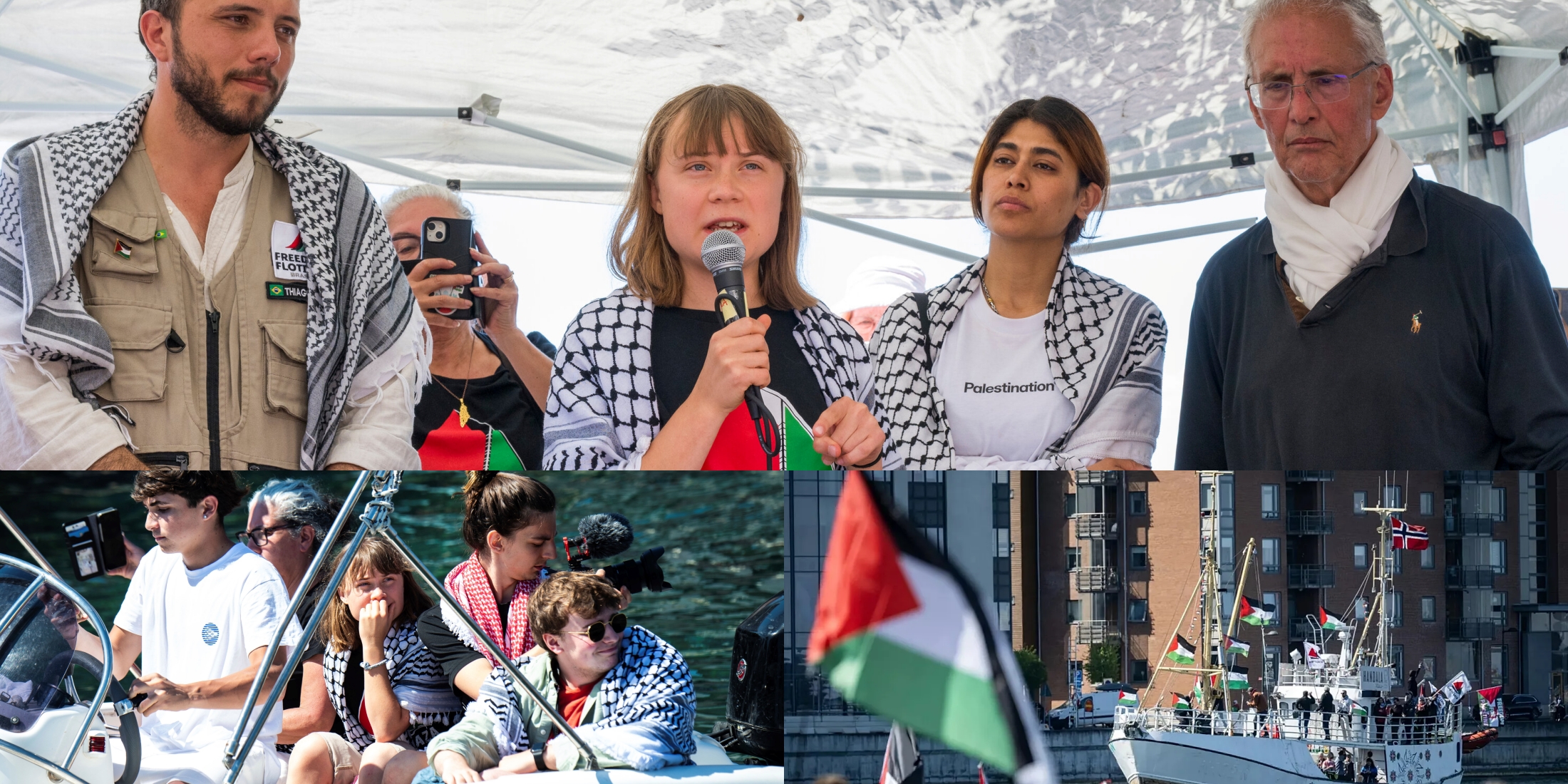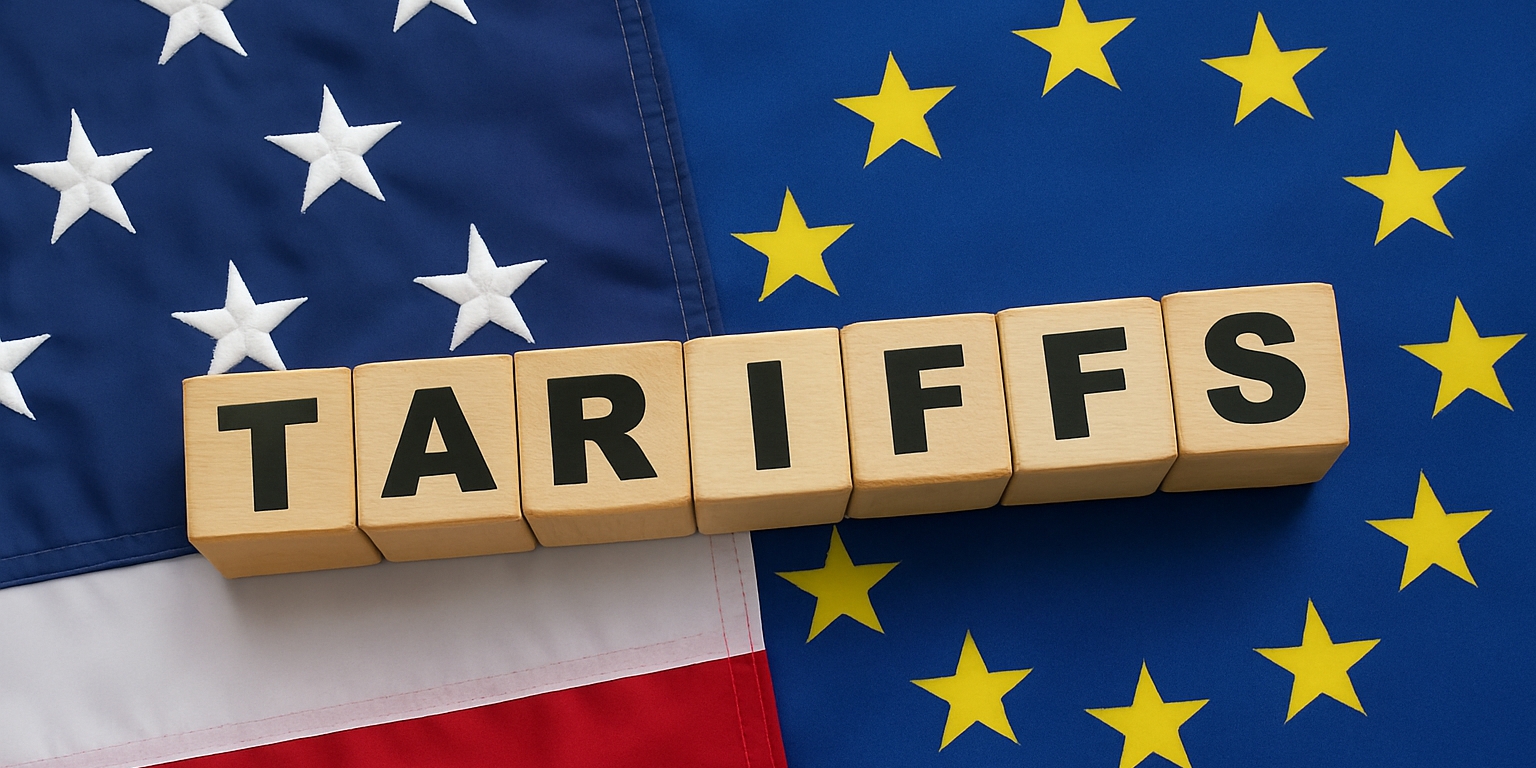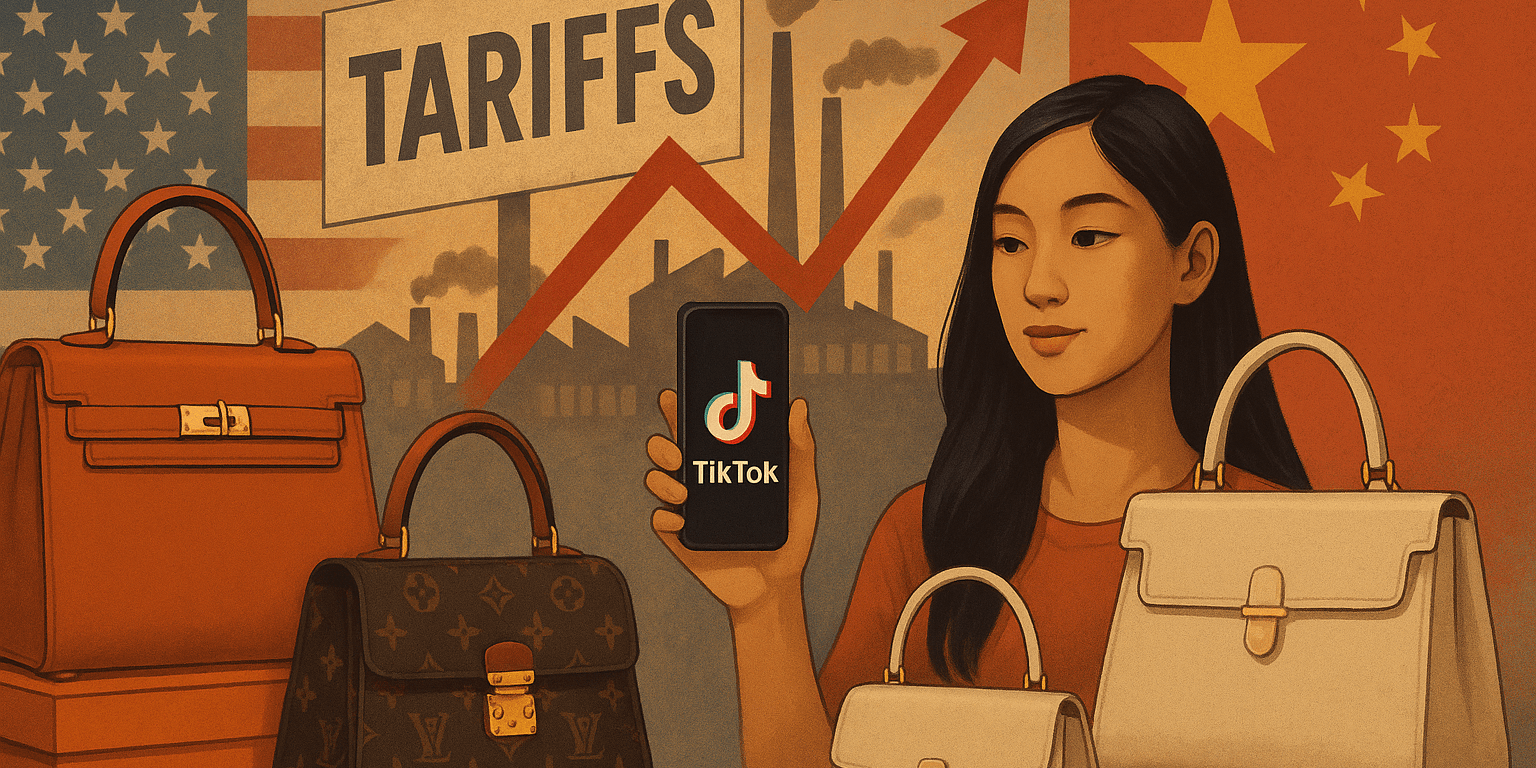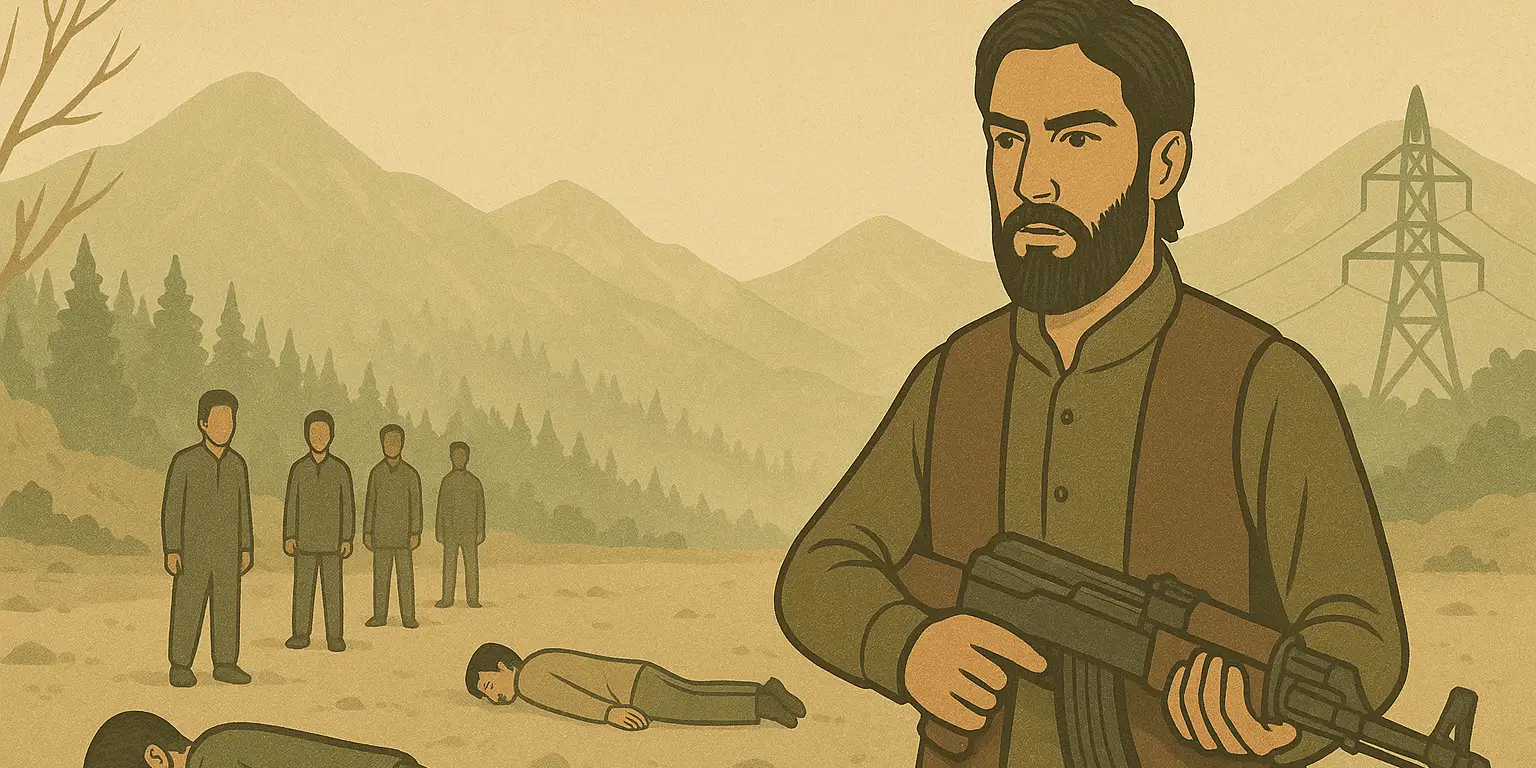The ever-popular Pope Francis passed away on April 21, Easter Monday. The cause of death has been confirmed by Vatican news to be a stroke, which led him into a coma and then irreversible cardiocirculatory collapse. He passed away at the age of 88 and has left behind a 12-year papacy that is marked by controversy as well as reform and empathy. He was the first ever Latin American and first ever Jesuit Pope of the Roman Catholic church, who had arguably reformed the church in sync with the modern world.
Jorge Mario Bergoglio, or as he was more widely known to the world as Pope Francis, started his papacy 12 years ago on March 13, 2013, as the 266th pontiff of the Roman Catholic Church at the Vatican. He was born and brought up in Buenos Aires by Italian immigrant parents. He graduated as a chemical technician from Escuela Técnica Industrial Nº 27 Hipólito Yrigoyen and then worked in the food section for multiple years at the Hickethier-Bachmann Laboratory. Later in life, he worked as a janitor and a bouncer before finding the priesthood.
In 1958, he entered the Society of Jesus as a Jesuit novice, and in 1960, he officially became a Jesuit when he was ordained as a priest. At Alcalá de Henares in Spain, he completed his final spiritual training and took his final vows as a Jesuit in 1973. He then served as superior of the Jesuit province of Argentina from 1973 to 1979.
When he was appointed as the Pope in 2013, it came as a surprise to many catholics around the world who had seen him as an outsider. Besides being the first Latin American Pope, he was also the second non-European Pope. The last time a Pope was non-European was in the eighth century, when the then Pope was of Syrian descent.
His death had come as a shock to many because he was seen just the day before his death, on Easter Sunday. This Easter Vigil was the first in Pope Francis’s pontificate. He was seen greeting cheering crowds from an open-air popemobile on Easter Sunday at St. Peter’s Square. Pope Francis was revolutionary in the way that he had a considerable positive impact on many issues, such as the climate crisis, the ongoing Gazan genocide, clergy sexual abuse, and LGBTQ rights. He also bridged gaps between Christianity and leaders of other religions, establishing peaceful interfaith relationships for the public to witness and learn from. He was an advocate for women’s participation in churches and for immigrants and other marginalized groups. Even on Easter Sunday, the Pope urged for an immediate ceasefire in Gaza, a viewpoint he had long maintained.
Pope Francis had a vision for his church, ‘a poor church for the poor’. When he was elected as the Pope, he chose the name Francis based on St. Francis of Assisi, who led a humble life helping the poor. Pope Francis himself led a very humble papacy, choosing not to stay at the opulent papal apartments in the Apostolic Palace, which is where previous Popes had lived. Instead, he chose to live humbly in the Domus Sanctae Marthae guesthouse. His reason for choosing to live in a community setting, leaving behind luxury, was for his “psychological health”.
When commenting on his passing, the archbishop of Buenos Aires, Jorge Cuerva, had this to say about Pope Francis, “The pope of the poor has left us, the pope of the marginalized.” At the Vatican, everyone from pilgrims to tourists was overwhelmed with shock and grief at the news of his death. He was well loved by ordinary people, but drew in a fair bit of controversy. A tourist from Rome, Emanuela Tinari, said, “He was a pope who brought so many people closer to the church. He was not appreciated by everyone. But he definitely was by ordinary people.”
The Pope’s reign was met with love from people as well as a lot of criticism. Liberals thought the Pope did not do enough to reform the 2000-year-old church, while conservatives thought he was ruining traditions.
In 2013, Pope Francis abandoned tradition and washed the feet of 12 inmates at the Casal del Marmo youth detention centre in Rome. Usually, this tradition represents Jesus’ final act of humility towards his disciples, but it was the decision of the Pope himself to include two young women and muslims, which is what drew criticism from traditionalists. He allowed women to hold positions such as lectors and acolytes in 2021, positions that were previously exclusively reserved for men. In January, he appointed the first woman, Sister Simona Brambilla, to lead a major Vatican office.
The Pope met with Muslim Sunni and Shia leaders in an effort to promote interfaith unity. He met the Grand Imam of Al-Azhar and signed the Document of Human Fraternity in February 2019, which highlights the need for unity among people and grants religious freedom, peace, and justice. This is vastly different from his predecessor, Benedict XVI, who had caused Christian-Muslim strains. The Pope also famously said, “Who am I to judge?” in regards to the LGBTQ community, and promoted the need to accept children that might identify as part of the community and disapproved of the criminalization of homosexuality, calling it ‘unjust’ and asking the church to ‘distinguish between a crime and a sin.’
A notable controversy he was a part of when he refused to believe that the Chilean bishop, Juan Barros, was a sexual abuser. This, he later apologized for and admitted to being part of the problem in terms of accountability within the Church. He then ordered every bishop in Chile to resign and had them replaced. A survivor of Juan had this to say about the pope, “I think he has done more than any pope has ever done. But I think there is a lot more to be done.” People within the LGBTQ community and victims of clergy sexual abuse all have the complaint that Pope Francis could have done more, despite his being the first to do anything at all.
The whole world truly mourned the loss of a Pope so different from his predecessors.
The late Pope was laid in an open coffin in front of the Papal altar at St Peter’s Basilica, where tens of thousands of faithful had gathered to pay their respects. In his final testament, the Pope had mentioned, “The tomb should be in the ground; simple, without particular ornamentation, bearing only the inscription: Franciscus.” He also expressed his wish to be buried in St Mary Major in Rome instead of St Peter’s Basilica, being the first Pope in more than a century to not be buried there. His eulogy reads, “a pope among the people, with an open heart towards everyone”. According to the BBC, a whopping 400,000 people attended Pope Francis’ funeral on Saturday, 27th April.
Not only the faithful, but a diverse selection of world leaders from around the globe were in attendance at his funeral including the UK prime minister, Keir Starmer, French president, Emmanuel Macron, Ukrainian president Volodymyr Zelenskyy, former US president Joe Biden, Argentinian president Javier Milei, the European Commission president Ursula von der Leyen, Italian prime minister Giorgia Meloni and Prince William. Even Donald Trump, someone who is very publicly anti-immigrants and therefore had a very different stance than the late Pope had this to say about him, “He was a good man, worked hard. He loved the world.” He, too, was in attendance along with his wife, Melania Trump. The internet is greatly focusing on the fact that on Easter Sunday, the Pope, who was a Trump critic, briefly met with the US Vice President, JD Vance.
Italian Prime Minister Giorgia Meloni called him “a great man, a great shepherd.” Javier Milei, the President of Argentina, had previously called Pope Francis the devil’s representative on earth, but since his presidency in 2023, he had changed his views. Milei wrote on X, “Despite differences that seem minor today, having been able to know him in his goodness and wisdom was a true honor for me.”
Known as the people’s Pope, he was famous for his empathy for marginalized communities and being significantly more progressive than his predecessors. He also broke barriers, making history as the first Latin American Pope. While there are a few criticisms of the Pope’s ability to do more, there is no doubt that Pope Francis made historical changes to the Church and strived to make the Church a more inclusive place for all.



